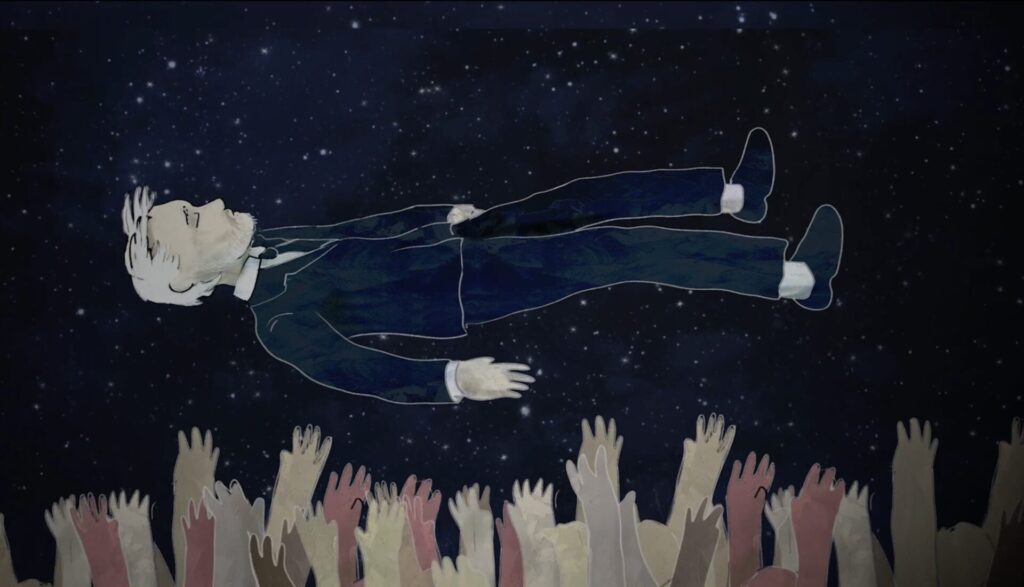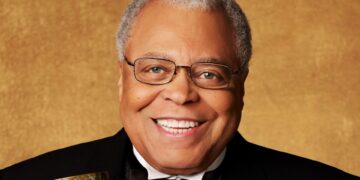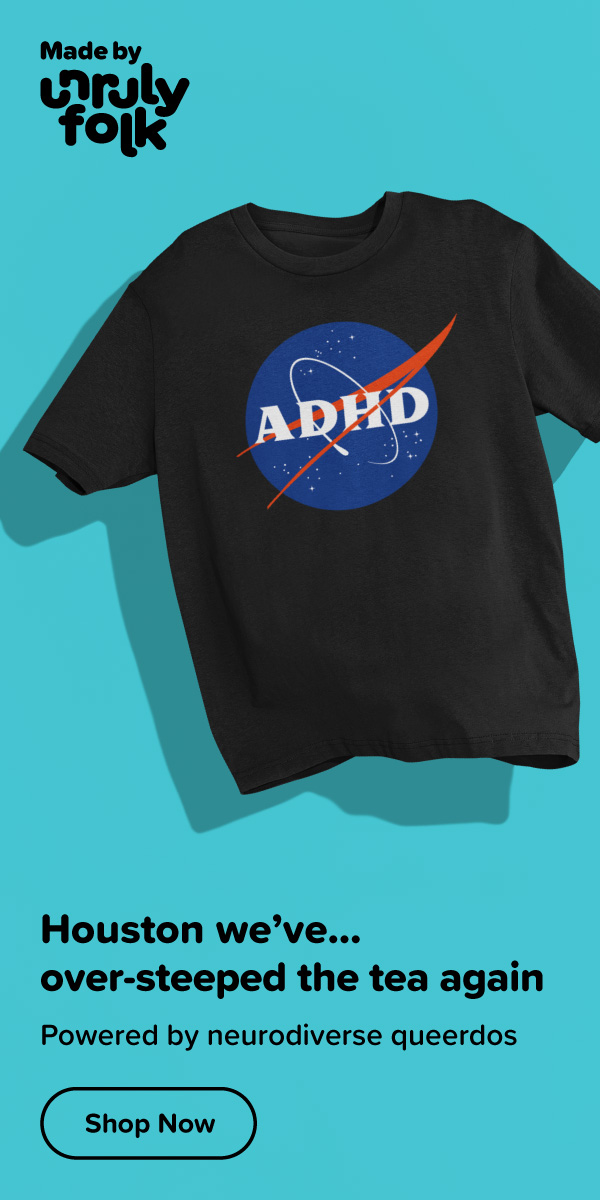Julian Assange, the Australian founder of WikiLeaks, who once dominated headlines with his groundbreaking revelations, has been out of the public eye, languishing in London’s Belmarsh prison since 2019. But Kym Staton’s new documentary, ‘The Trust Fall: Julian Assange,’ brings his story back into sharp focus with an impassioned defence of the man many view as a hero of journalistic freedom.
A Star-Studded Cast
Staton’s documentary marshals a formidable lineup of Assange’s supporters. The late John Pilger, activist Tariq Ali, Green Party’s Jill Stein, Pentagon Papers leaker Daniel Ellsberg, musicians Roger Waters and Tom Morello, actors Susan Sarandon and Jonathan Oldham, and Assange’s own family members, including wife Stella, all lend their voices to this cinematic plea for justice.
Notably, artist and activist M.I.A., a long-time outspoken proponent of Assange, highlights the wider impact on free speech and the injustice he continues to face. “If his voice had no power, they wouldn’t try to silence it. If what he exposed wasn’t true, they wouldn’t try to hide it.”, she comments.
Pilger sums up Assange’s ordeal: “The persecution of Julian has been a long, slow form of killing somebody.” Seeing Assange transform from a vibrant truth-seeker to a frail, mentally and physically deteriorating prisoner emphasises the documentary’s urgency.
The Case for Assange
At the heart of ‘The Trust Fall’ is the argument that Assange has been the victim of criminal mistreatment, psychological torture and a relentless smear campaign. The film contests the credibility of the 2010 rape allegations against Assange, suggesting they were fabricated to facilitate his extradition to the US. While the documentary focuses on Assange’s fears of extradition and the very real threat to his life, it firmly asserts that his actions were motivated by wanting to do the right thing. We all deserve to know what the reality is beyond our bubbles, and for all its flaws, the internet allows us to pull down the curtain of deception in politics. If we’re brave enough, that is.
Staton documents WikiLeaks’ pivotal role in exposing US war crimes, including the infamous ‘Collateral Murder‘ footage from the 2007 helicopter attack in Baghdad, where civilians and journalists were brutally slaughtered as soldiers laughed. This harrowing footage serves as a damning indictment of US military actions and illustrates why Assange’s work was, and remains, so consequential.
The Autistic Connection
As an autistic person, it feels necessary to highlight that Julian Assange is also autistic, which adds another layer of complexity to his story and the abuse of his human rights. His neurological difference, often marked by a relentless pursuit of truth and justice, has clearly fueled his unwavering dedication to transparency. It’s something deeply relatable, seeing someone risk it all to stay true to what they believe in despite the enormous personal cost.
Artistic Choices
Staton’s creative techniques heighten the emotional state of Assange’s story. Dreamy animated sequences are paired with a dramatic score while familiar voices monologue, changing the tone and adding a poetic dimension to the documentary. These segments, though occasionally bordering on over-the-top and cheesy, stress the severity of Assange’s struggle against vengeful oppressors.
Conclusion:
‘The Trust Fall: Julian Assange’ is a film that demands reflection. It forces viewers to reconsider the role of whistleblowers and the lengths to which powerful entities will go to silence them. It urges us to think critically about press freedom and governmental accountability and to take a long, hard look at the state of our democracies. It undeniably humanises Assange, presenting him as a figure of immense moral conviction and resilience.
For those who see Assange as a champion of facts in an age of misinformation, this documentary is a stirring affirmation of his importance. It’s a reminder that the fight for justice is far from over and that figures like Assange play a crucial role in holding power to account. As Assange himself said, “If wars can be started by lies, peace can be started by truth.”

Review Summary
The Trust Fall: Julian Assange
'The Trust Fall: Julian Assange' is a gripping documentary that delves into the life of WikiLeaks founder Julian Assange. Directed by Kym Staton, the film presents Assange as a champion of transparency and press freedom, supported by a star-studded cast of advocates. Through poignant interviews and compelling narratives, the documentary implores viewers to question everything they know about the treatment of whistleblowers and the importance of holding power to account. 'The Trust Fall' sparks reflection on democracy and the ongoing battle for freedom of the press. Overall, it is a compelling and thought-provoking film that demands attention.
PROS
- Fascinating portrayal of Julian Assange's life and work
- Narrated by familiar voices
- Challenges viewers to reflect
- Raises important questions about democracy and governmental accountability
- Fights for justice, truth and transparency
- Thought-provoking and emotionally resonant, leaving a lasting impact on viewers
CONS
- Some segments indulge in the dramatic
- Questionable pacing and stylistic choices at times
- Lengthy runtime of over two hours may feel too much for some viewers
- Dismisses controversies such as WikiLeaks' role in the 2016 U.S. elections and the Swedish rape allegations







































